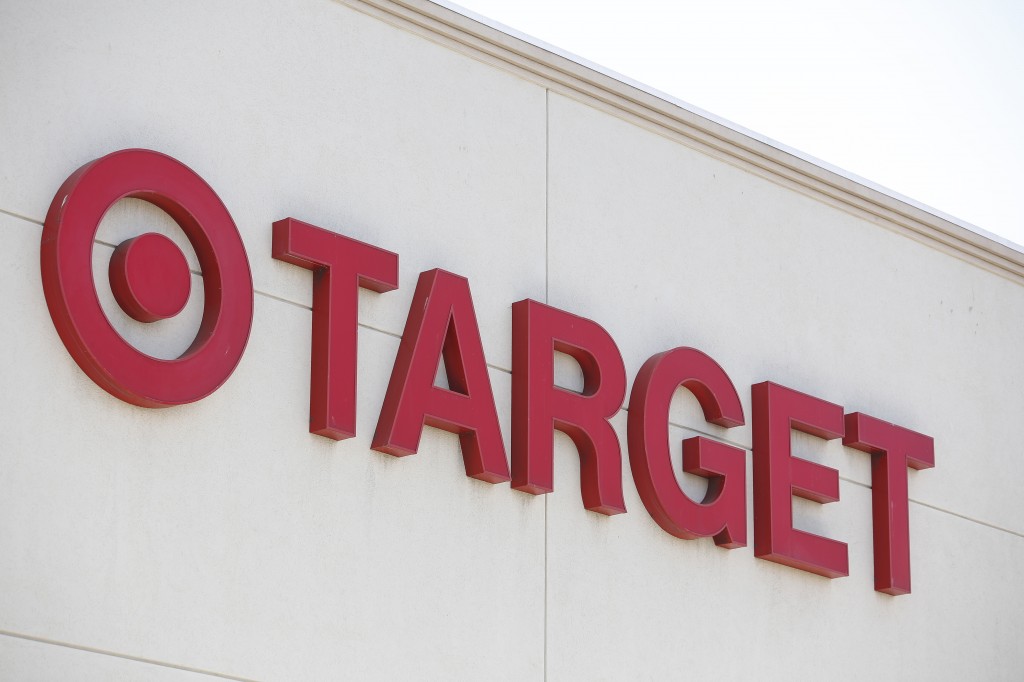Target says ‘No soup for you’ to Canadian community charities
By Brittney MacDonald, Staff Writer
When you live in a small community, like I do, seeing charity collection outside of major department stores and mall entrances is a common thing. In fact, up until it closed, Zellers used to play host to many charity events year-round. This included firemen raising money for the BC Children’s Hospital and Vancouver Burn Unit, girl guides and boy scouts selling candy and cookies, and the Remembrance Day poppy drive, just to name a few. If you’ve missed out on boosting your karma recently, it might not be because you’re oblivious; it might be because Target Canada has a rather troubling policy concerning charity collection on their premises.
For all those shopaholics out there, you might remember that Target, an American corporation, purchased Zellers in 2011, and replaced the various Zellers stores throughout Canada by the end of 2013. Recently, a family member who volunteers for the Salvation Army told me that Target actually has a policy that does not allow third-party solicitors on their property—a fact which affects charities which traditionally collect outside big-name stores.
For all those cold, heartless people that are cheering because they won’t have to give out of guilt every time they go in to just pick up a pack of tube socks, you might want to think about the big picture. In small communities, charity organizations can’t just move on to the next store. High traffic areas like malls and department stores are limited, and losing even one site results in thousands of dollars worth of loss for people in need. The last year the Zellers site in Maple Ridge was open, it provided approximately 20- to 30-thousand dollars worth of donations for the Christmas Kettle Drive put on by the Salvation Army. This year that won’t be possible.
Needless to say, I was a little shocked by this, so I decided to check out the Target Canada website and read about how they’re giving back to the community. Funnily enough, right there in big bold letters was a notice about how they support several charities, including the Salvation Army—just not enough to accommodate them outside their door around Christmas, apparently. After further reading, I realized that their charity activity is near exclusively limited to large cities, not the small communities they’ve encroached on. Instead they rely on a trickle-down effect; the amount they give will somehow be enough for all the poor people in the city that the remainder can then go to the smaller communities. If that sounds ridiculous it’s because it is.
And what about all those charity organizations that aren’t national? Those various volunteers looking to raise money for books for the local library or hospital? Well, they’re just out of luck.
I don’t want to give the impression that I’m against all these big stores coming into our communities. Not all of them are bad; Thrifty Foods for example has fully embraced the spirit of charity. They send out notices encouraging their own employees to give, give incentives to customers who bring in canned goods for the food bank, and even go as far as providing snacks and hot coffee to the charity volunteers who sit outside during winter. I know this because I’ve seen it. I just want to let all these big companies know that it’s not enough to donate $100,000 out of the tens of millions of dollars that you make in a year; you have to respect the communities you’re busting into. So maybe all you American companies, like Target, need to learn to be a little more Canadian.

